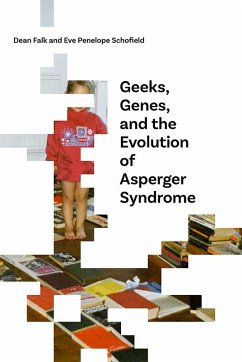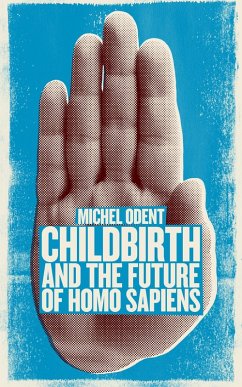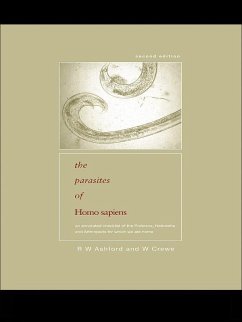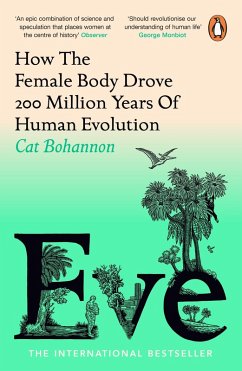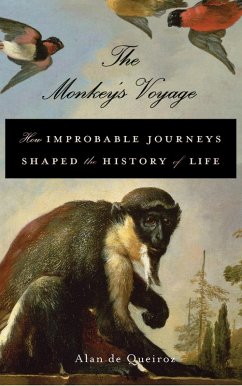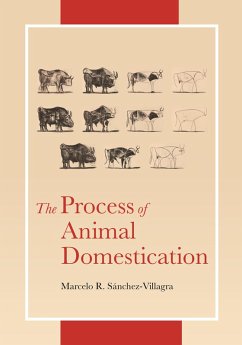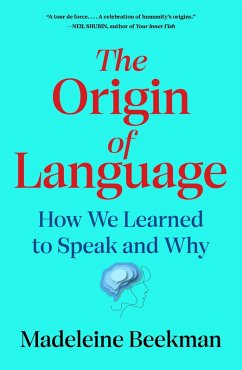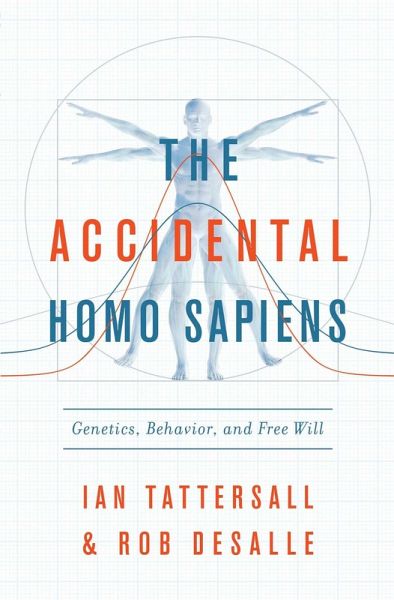
The Accidental Homo Sapiens (eBook, ePUB)
Genetics, Behavior, and Free Will
Versandkostenfrei!
Sofort per Download lieferbar
18,78 €
inkl. MwSt.
Weitere Ausgaben:

PAYBACK Punkte
0 °P sammeln!
What happens now that human population has outpaced biological natural selection? Two leading scientists reveal how we became who we are-and what we might become. When we think of evolution, the image that likely comes to mind is the iconic, straight-forward image of a primate morphing into a human being. Yet random events have played huge roles in determining the evolutionary histories of everything from lobsters to humans. However, random genetic novelties are most likely to "stick" in small populations. It is mathematically unlikely to happen in large ones. With our enormous and seemingly i...
What happens now that human population has outpaced biological natural selection? Two leading scientists reveal how we became who we are-and what we might become. When we think of evolution, the image that likely comes to mind is the iconic, straight-forward image of a primate morphing into a human being. Yet random events have played huge roles in determining the evolutionary histories of everything from lobsters to humans. However, random genetic novelties are most likely to "stick" in small populations. It is mathematically unlikely to happen in large ones. With our enormous and seemingly inexorably expanding population, humanity has fallen under the influence of the famous (or infamous) "bell curve." This revelatory new book explores what the future of our species could hold, while simultaneously revealing what we didn't become-and what we won't become. A cognitively unique species, our actions fall on a bell curve as well. Individuals may be saintly or evil, narrow-minded or visionary. But it is possible not just for the species, but for a person to be all of these things-even in a single day. We all fall somewhere within the giant hyperspace of the human condition that these curves describe. The Accidental Homo Sapiens shows readers that though humanity now exists on this bell curve, we are far from a stagnant species. Tattersall and DeSalle reveal how biological evolution in modern humans has given way to a cultural dynamic that is unlike anything else the Earth has ever witnessed, and that will keep life interesting-perhaps sometimes too interesting-for as long as we exist on this planet.
Dieser Download kann aus rechtlichen Gründen nur mit Rechnungsadresse in A, B, BG, CY, CZ, D, DK, EW, E, FIN, F, GR, HR, H, I, LT, L, LR, M, NL, PL, P, R, S, SLO, SK ausgeliefert werden.






